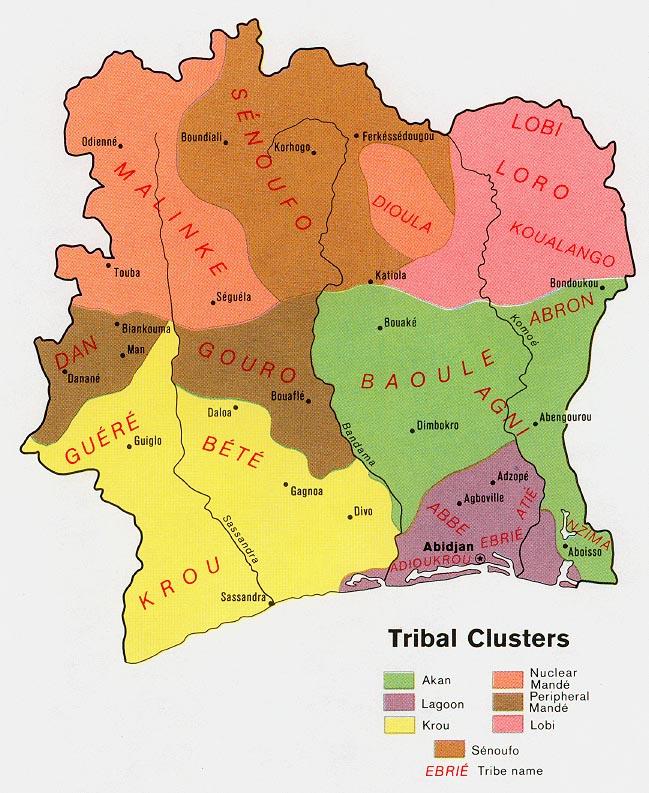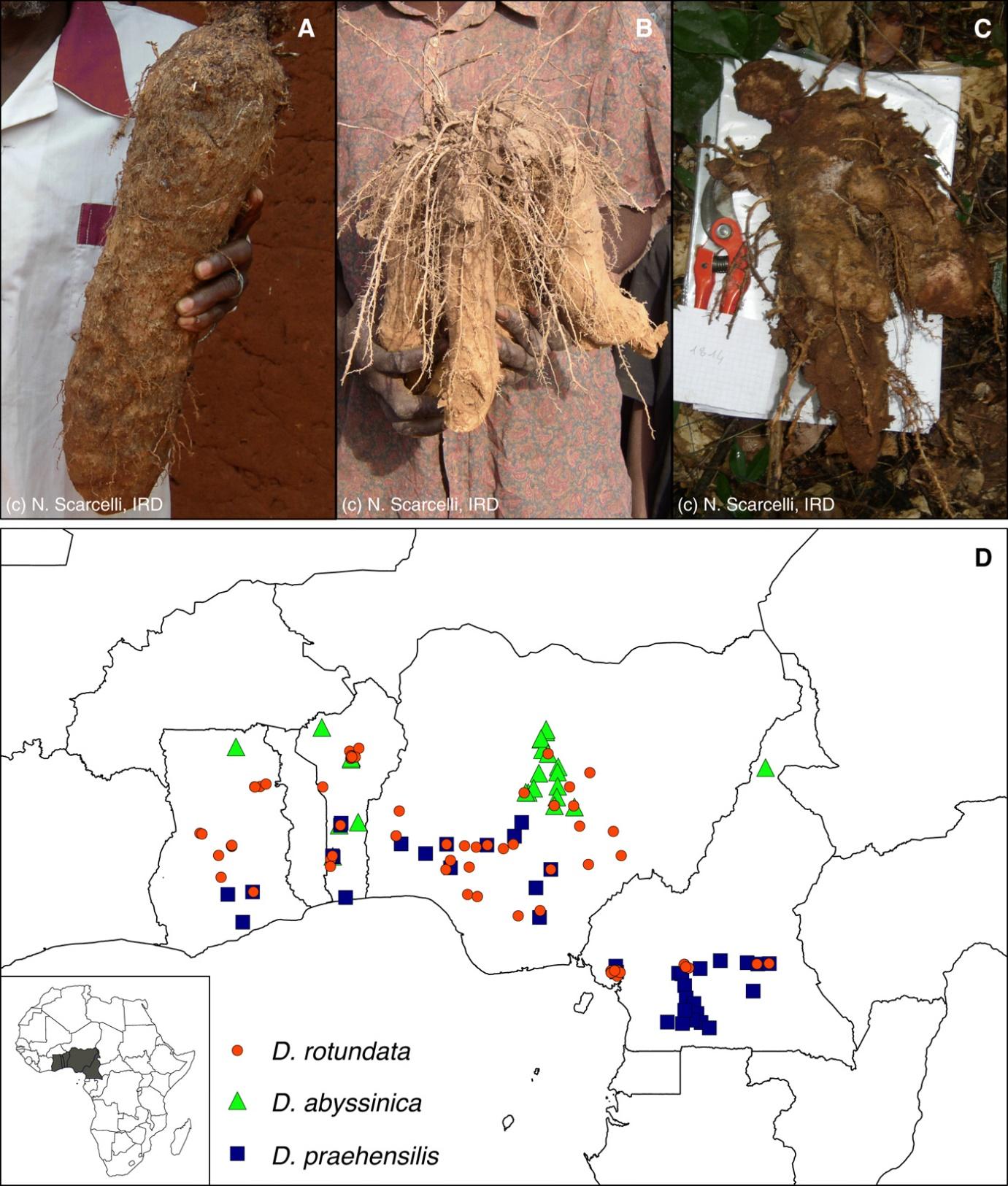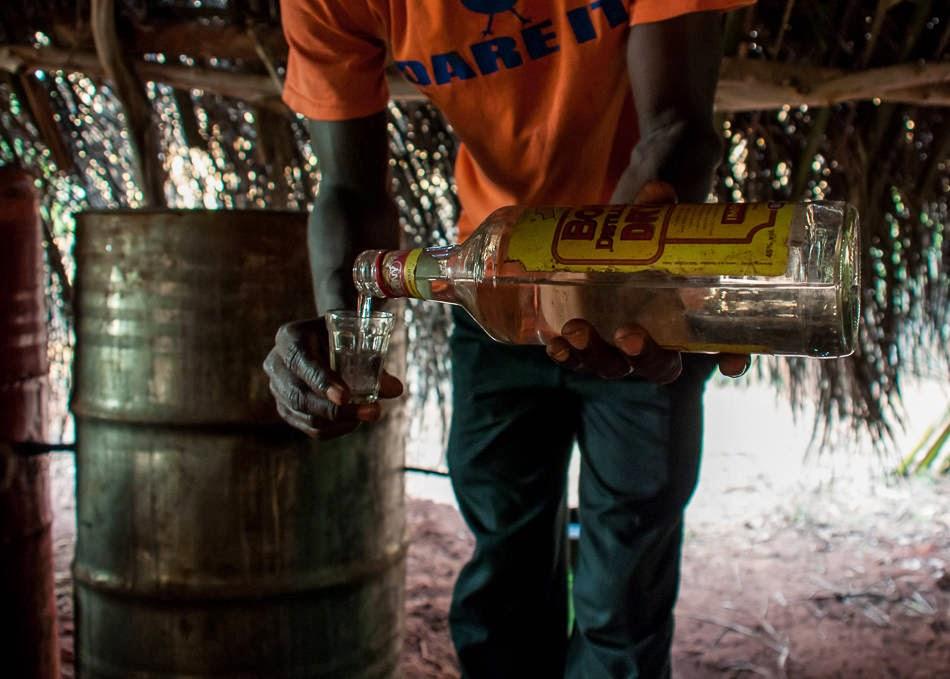Introduction
Self-management ensures that individuals actively manage their health-related issues. Most researchers recognize that sustaining people’s ability to self-manage is critical for reducing disease burden (Sanuade et al., 2018). This essay discusses six self-disease management for a case of hypertension within the context of the Akan people located in West Africa. The intention is to observe whether written education in the native language of individuals, compared to using an interpreter, can lead to improved blood pressure control and a good patient outcome. The reference timeframe for observed change is four months. The significant areas of interest, including dieting, behavioral attributes, and ethnicity, are discussed in the Akan people living primarily in present-day Ghana. This essay concludes by noting that written education in the native language has more impact on behavior change.
Self-Disease Management Support
Today, the Akan culture seems to be among the most authentic West African civilizations that survive. Figure 1 shows the distribution of the Akan people as a culture that is the most prevalent and visible in contemporary Ghana (Wilks, 2020). The Akan people’s social setting and culture are essential in evaluating the potential impact of professional care intervention in improved blood pressure control (Akan et al., 2019). Some of the most common educational interventions for hypertension control include eating a healthy diet and limiting alcohol use.
Eat a Healthy Diet
A healthy diet is often acknowledged as one of the most effective interventions in managing hypertension. The Akan people are associated with yams as their staple food, limiting their to access to a variety of recommended diets (Anand et al., 2018). Figure 2 shows a picture of the three yam species in west Africa, including (A) Tuber of D. rotundata, (B) Tuber of D. abyssinica, (C) Tuber of D. praehensilis (Scarcelli et al., 2019). Studies show that consuming a diet of heavy cereals, fruits, greens, and low-fat dairy foods would help supplement the yams (Sanuade et al., 2020). The Akan people are slowly accessing commerce, increasing their access to a variety of foods. Such variety, accompanied by written and graphics education chats, seems to help improve the Akan people’s diets.
Limit the Amount of Alcohol
However, concerns over increased intake in traditional brewed African alcohols seem to increase hypertensions vulnerability. Figure 3 shows an Akan adult taking Akpeteshie as a locally brewed alcoholic liquor made from palm wine and sugar cane juice in Ghana and other West African countries (Lagundoye & Adeyefa, 2018). The alcohol in such homemade facilities tends to have uncontrolled alcoholic content that can affect the body’s blood pressure (Sanuade et al., 2018). The Akan people with hypertension must understand that consuming more than modest quantities of alcohol might cause a significant increase in blood pressure.
Exercise Regularly
Therefore, it is recommended that people with alcohol addiction or excessive weight have an active lifestyle. The Akan people should try walking, running, cycling, kayaking, or dancing as examples of aerobic activity to help decrease their blood pressure. Patients suffering from hypertension may attempt high-intensity strength exercises (Sanuade et al., 2018). A written guide on strength exercise may assist semi-literate Akan people in lowering blood pressure. At the very least, the Akan people should add weight training activities twice a week for effectiveness.
Quit Smoking
The West African demographic has also been associated with smoking, which increases blood pressure. The Akan people need to understand that each cigarette smoke causes blood pressure to rise for several minutes. Studies have shown that putting an end to smoking enables blood pressure to return to normal (Sanuade et al., 2018). Quitting smoking may significantly lower your chances of developing heart disease and boost the immune system. Reduced smoking, accompanied by proper diets, can improve the quality of life of Akan people with hypertension.
Eat Fewer Processed Foods
Similar observations have also been made on reduced intake of proceeded foods. Fresh foods help address patients’ control of their disease and avoid complications. Written materials supplied in the native language have been determined to be effective (Asimeng & Zhang 2019). Proper education for the Akan people seems to directly impact their ability to prevent the adverse effects of hypertension on both the individual and the community. Disease management has emerged as a viable technique for enhancing treatment for people with chronic illnesses.
Ethnicity
Ethnicity has also been associated with vulnerability to hypertension. Recent studies indicate that at the age of 65, hypotension incidence is 30% to 40% in rural West Africa (Gupta & Baidwan, 2021). The latter figures are increasingly reaching the 60% to 70% range for similar-aged black Americans (Kruger et al., 2021). These statistics show increased vulnerability for the population necessitating proper intervention. Written education intervention in the native language would be essential to address the heightened concerns among the Akan people. The ethnicity case should be addressed with an understanding of the culture of the people from their diet, prevention of disease and life, and economic activity.
Conclusion
Teaching using an interpreter with graphical tools seems to improve the Akan people’s understanding of healthy living. The self-care support recommendation seems to positively impact quality lifestyles for hypertension victims in West Africa. Observations made on specific areas in self-care support, including eating a healthy diet, limiting the amount of alcohol, and recommending to exercise regularly, show progress. Proper written education in the language of the natives on the need to quit smoking, eat fewer processed foods, and the question of ethnicity in hypertension also seem to have a positive impact. As observed, with proper native language-based education intervention, the Akan people tend to respond appropriately to the behavioral recommendation shifts towards healthy living.
References
Akan, G., Kisenge, P., Sanga, T. S., Mbugi, E., Turkcan, M. K., Janabi, M., & Atalar, F. (2019). Intronic variants in the long non-coding RNA CDKN2B-AS1 are strongly associated with the risk of coronary artery disease in the Northern Tribes of Tanzania. Tanzania Journal of Health Research, 21(1), 1-14.
Anand, S., Abdalla, S., Gathecha, G., Oladapo, O. O., Joseph, K., Montez-Rath, M. E.,… & Friedman, D. J. (2018). Association of Apolipoprotein L-1 polymorphisms with blood pressure in three multi-ethnic African studies. Journal of Global Health Reports, 2.
Asimeng, E., & Zhang, S. (2019). Exploring the differences, similarities, and the effect between Chinese and Ghanaian traditional cuisines towards a better appreciation and consumption. In International Conference on Applications and Techniques in Cyber Security and Intelligence (pp. 1459-1467). Springer, Cham.
Gupta, S., & Baidwan, N. K. (2021). Plight of Older Americans: Insights into the Lives of African American Women. In Older Women and Well-Being (pp. 203-210). Springer, Singapore.
Kruger, R., Gafane-Matemane, L. F., & Kagura, J. (2021). Racial differences of early vascular aging in children and adolescents. Pediatric Nephrology, 36, 1087-1108.
Lagundoye, O., & Adeyefa, B. (2018). Psychoactive Substance Misuse in West Africa. Contemporary Issues in Mental Health Care in sub-Saharan Africa, 153.
Opoku, S., Addo-Yobo, E., Trofimovitch, D., Opoku, R. B., Lasong, J., Gan, Y., & Lu, Z. (2020). Increased prevalence of hypertension in Ghana: New 2017 American College of Cardiology/American Hypertension Association hypertension guidelines application. Journal of Global Health, 10(2).
Sanuade, O. A., Boatemaa, S., & Kushitor, M. K. (2018). Hypertension prevalence, awareness, treatment, and control in Ghanaian population: Evidence from the Ghana demographic and health survey. PloS one, 13(11), e0205985.
Sanuade, O. A., Awuah, R. B., & Kushitor, M. (2020). Hypertension awareness, treatment, and control in Ghana: a cross-sectional study. Ethnicity & Health, 25(5), 702-716.
Scarcelli, N., Cubry, P., Akakpo, R., Thuillet, A. C., Obidiegwu, J., Baco, M. N.,… & Vigouroux, Y. (2019). Yam genomics supports West Africa as a major cradle of crop domestication. Science advances, 5(5), eaaw1947.
Wilks, I. (2020). Wangara, Akan, and Portuguese in the Fifteenth and Sixteenth centuries. In Mines of Silver and Gold in the Americas (pp. 1-39). Routledge.
Appendix


